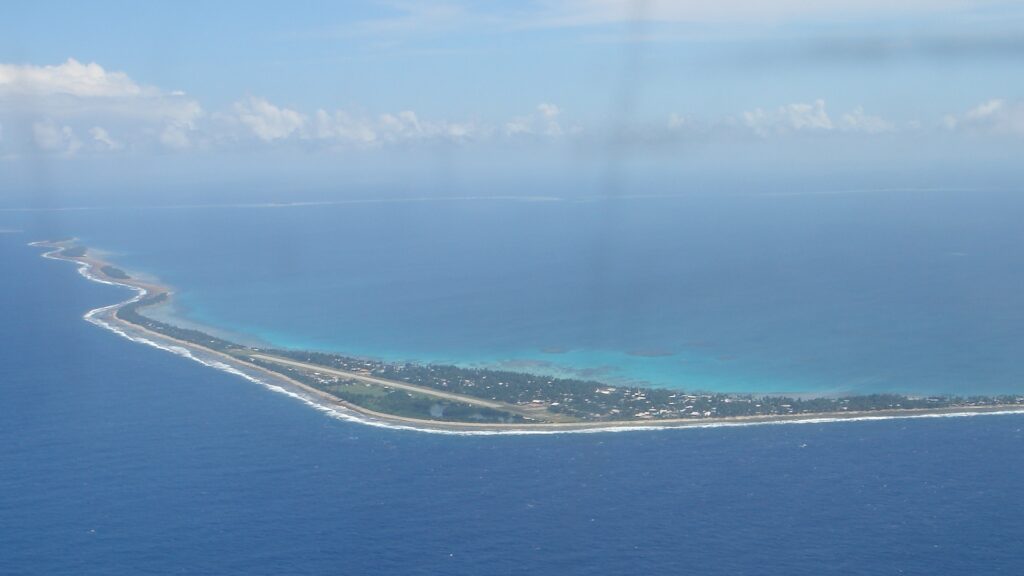
FUNAFUTI, TUVALU – As climate change continues to threaten low-lying nations, the Pacific island of Tuvalu finds itself at a critical juncture. In a bid to escape the impending disaster of rising sea levels, over 3,000 Tuvaluans have applied for migration visas to Australia, despite only 280 being available.
Breaking: Tuvaluans Seek Refuge in Australia
In August 2024, Tuvalu and Australia entered into the Australia-Tuvalu Falepili Union, a treaty aimed at bolstering Tuvalu’s climate resilience. The agreement promised to safeguard Tuvaluan culture and heritage while providing pathways for some citizens to migrate to Australia.
3,125 Tuvaluans have entered the visa ballot within just four days of its opening.
Immediate Impact
The overwhelming response to the visa program reflects the dire situation facing Tuvalu, where the highest point is a mere 15 feet above sea level. With climate change accelerating, Tuvalu is projected to experience over half a foot of sea level rise in the coming decades.
Key Details Emerge
The visa program, part of the Australia-Tuvalu Falepili Union, allows Tuvaluans to live, work, and study in Australia as permanent residents. The initial offering of 280 visas has seen applications from nearly a third of Tuvalu’s population of 10,643, highlighting the urgency of the situation.
Tuvaluans could face 150 days of flooding annually by 2100 if global warming is limited to 1.5 degrees Celsius.
By the Numbers
- 280 visas offered by Australia in the first year
- Over 3,000 applications received in the first four days
- Tuvalu’s population: 10,643 (2022 census)
- Projected sea level rise: 0.5 feet in coming decades
Background Context
The situation in Tuvalu is not unique. Similar Pacific nations face existential threats from climate change. In 2014, Kiribati purchased land in Fiji as a contingency plan. However, transforming land into a viable home requires significant international support.
Expert Analysis
According to NASA, even with aggressive climate action, Tuvalu’s future remains precarious. Experts warn that without substantial global efforts, nations like Tuvalu could become uninhabitable.
“If global temperatures rise to 3.0 degrees Celsius, Tuvalu could endure 250 days of flooding annually,” experts caution.
What Comes Next
As the world grapples with climate change, Tuvalu’s situation underscores the urgent need for international cooperation. Australia, along with other developed nations, faces increasing pressure to provide assistance and viable relocation options for vulnerable populations.
The visa ballot remains open until July 18, offering a glimmer of hope for some Tuvaluans seeking a new start. However, the broader implications for climate migration and international policy remain significant.
The unfolding situation in Tuvalu serves as a stark reminder of the human cost of climate change and the pressing need for global action to mitigate its effects.







